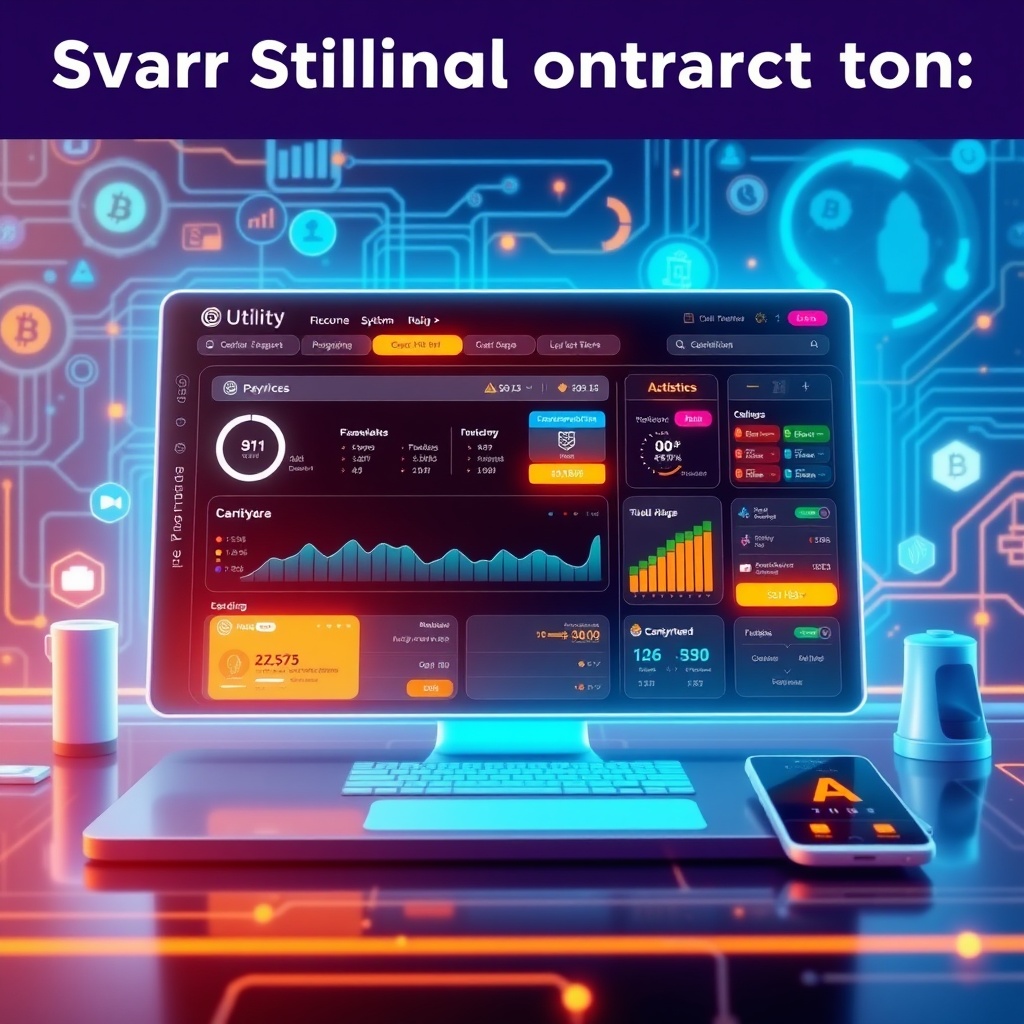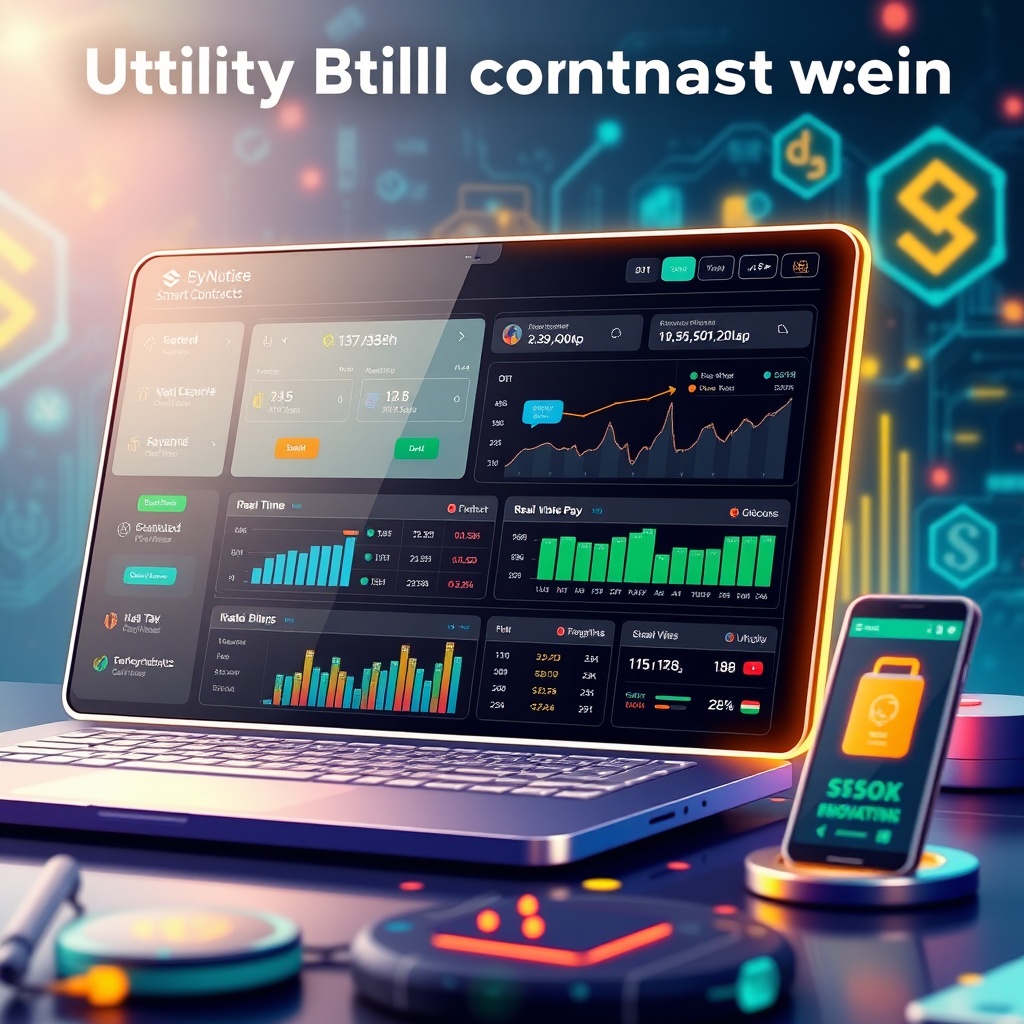The emergence of blockchain technology has paved the way for innovative solutions across various sectors, including utility management. Smart contracts, which are self-executing contracts with the terms of the agreement directly written into code, offer an efficient and secure means of automating utility billing and payment systems. This article explores how smart contracts can transform the utility landscape by enhancing transparency, reducing costs, and improving customer satisfaction.
How Smart Contracts Work in Utility Billing

Smart contracts operate on decentralized blockchain networks, executing transactions automatically when predetermined conditions are met. In the context of utility billing, these contracts can streamline processes such as meter readings, billing cycles, and payment processing.
- Meter Data Integration: Smart meters can transmit real-time usage data directly to the smart contract, eliminating manual inputs and reducing errors.
- Automated Billing: Once the meter data is received, the smart contract calculates the bill based on predefined rates and generates an invoice.
- Instant Payments: Customers can make payments using cryptocurrencies or traditional currencies, which the smart contract can process instantly.
Benefits of Implementing Smart Contracts
The implementation of smart contracts in utility billing systems offers numerous advantages that can significantly enhance operational efficiency and customer experience.
- Cost Reduction: By automating billing and payment processes, utilities can significantly lower administrative costs associated with manual processing.
- Increased Transparency: Transactions are recorded on a public ledger, providing customers with visibility into their usage and billing history.
- Fraud Prevention: The immutable nature of blockchain makes it difficult to alter records, reducing the risk of fraud.
Challenges and Considerations
While the benefits are substantial, the adoption of smart contracts in utility billing is not without challenges. Utilities must consider regulatory compliance, integration with existing systems, and customer education. Additionally, there is a need for standardization in smart contract protocols to ensure interoperability across different platforms.
As the utility sector continues to evolve, the integration of smart contracts could represent a significant leap forward in how services are delivered and managed. The journey towards fully automated utility billing systems is underway, and smart contracts are at the forefront of this transformation.





